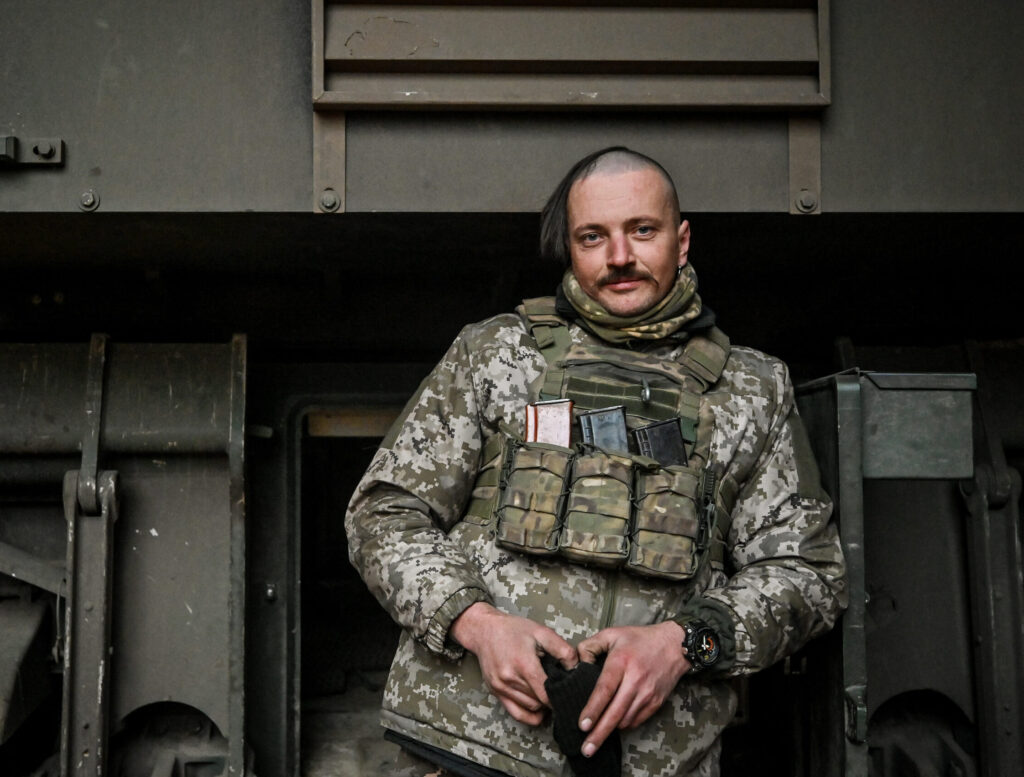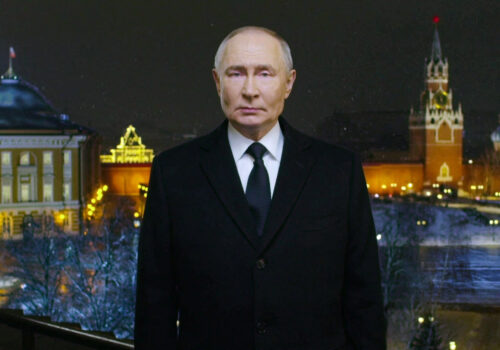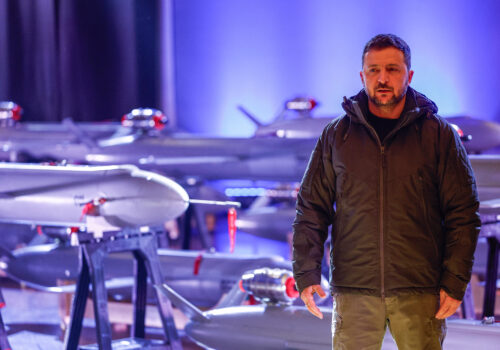Donald Trump’s impending return to the White House has raised expectations of a fresh push for peace in 2025, with the US leader committed to seeking some kind of deal to end Russia’s invasion of Ukraine. While the exact nature of Trump’s peace plan is still unknown, it is expected to involve significant Ukrainian territorial concessions.
Meanwhile, Ukraine’s negotiating position is already coming into focus. While Ukrainian officials continue to rule out officially ceding land to Moscow, there appears to be growing recognition in Kyiv that the complete liberation of the country is no longer militarily feasible. Instead, Ukraine has begun indicating a readiness to temporarily compromise on territorial issues, while at the same time underlining the critical importance of security guarantees.
Ukrainian President Volodymyr Zelenskyy used his first meeting with Trump since the US presidential election to emphasize the need for credible security commitments in any negotiated settlement. During a three-way chat together with French President Emmanuel Macron in December 2024, the Ukrainian leader reportedly stressed to Trump that a ceasefire alone “would not be enough” to end the war with Russia.
Zelenskyy and other senior Ukrainian officials have reiterated this position on multiple occasions in recent weeks, expressing their readiness to seek a diplomatic solution while insisting that it must be accompanied by credible long-term security guarantees that will prevent any repeat of the present Russian invasion. In essence, Ukraine’s position can be summed up as “no peace without security.”
Stay updated
As the world watches the Russian invasion of Ukraine unfold, UkraineAlert delivers the best Atlantic Council expert insight and analysis on Ukraine twice a week directly to your inbox.
It is not yet clear what kind of security guarantees Ukraine can realistically expect to receive. Ukrainian officials continue to push for NATO membership, which is seen in Kyiv as being by far the most credible deterrent against future Russian aggression. However, leading NATO members including the US and Germany remain reluctant to extend an invitation to Ukraine amid concerns over the possibility of a direct clash between the alliance and Russia.
Bilateral security pacts could potentially serve as a solution to this impasse, but any agreements would need to include firm commitments to defend Ukraine against a renewed Russian invasion. Zelenskyy stated in early 2025 that security guarantees of this kind would only be effective if provided by the US. As yet, there is no indication that the United States or other key allies are prepared to undertake such a major step.
Preliminary discussions are also believed to be underway exploring the possible deployment of a multi-national peacekeeping force to monitor a ceasefire between Russia and Ukraine, with a number of European nations potentially providing troops. This approach could temporarily reduce the likelihood of a return to full-scale hostilities, but skeptics argue that such a force would be challenging to maintain and would not serve as a long-term solution to the Russian threat.
In the absence of a plausible peacekeeping operation, some have suggested that Ukraine’s Western partners could ensure a viable peace by vowing to dramatically increase military support and provide the country with sufficient arms to deter Moscow. However, given the regular delays and consistent shortfalls in the delivery of Western military aid during the current war, this option would be unlikely to satisfy Kyiv or convince the Kremlin to abandon its plans for the complete conquest of Ukraine.
Eurasia Center events

With all sides now increasingly acknowledging the necessity of territorial concessions, solving the long-term security conundrum looks set to be the main obstacle to ending the largest European war since World War II. Indeed, unless Ukraine’s security concerns can be satisfactorily addressed, there is unlikely to be any peace agreement at all.
Ukrainians are acutely aware that Russian President Vladimir Putin remains fully committed to his ultimate goal of ending Ukrainian independence and erasing Ukrainian national identity entirely. Putin’s insistence on a neutral and disarmed Ukraine is seen in Kyiv as a clear indication that he has no interest in a viable peace agreement and intends to renew his invasion as soon as he has had an opportunity to rearm.
They also understand that any ceasefire without credible security guarantees would leave their country in a militarily, economically, and geopolitically unsustainable position. In such circumstances, Ukraine would be unable to attract the international investment needed to rebuild the country, while the millions of Ukrainians who fled the Russian invasion in 2022 would be unlikely to return. A weakened, demoralized, depopulated, and internationally isolated Ukraine would be in no shape to resist a fresh Russian onslaught.
Unless Ukraine is offered long-term security commitments, many Ukrainians may reluctantly conclude that it would make more sense to continue the fight now rather than accept terms that would amount to a national death sentence. If their Western partners respond by reducing military support, Ukraine’s prospects would be extremely dim. This would be equally dangerous for Europe, which would be confronted by the prospect of a collapsing Ukraine and a resurgent Russia.
All this can be avoided if Western leaders provide Ukraine with watertight security guarantees capable of deterring Putin and preventing further Russian aggression. However, that will require the kind of bold leadership and political courage that have been in strikingly short supply in Western capitals since the onset of Russia’s invasion almost three years ago.
Peter Dickinson is editor of the Atlantic Council’s UkraineAlert service.
Further reading
The views expressed in UkraineAlert are solely those of the authors and do not necessarily reflect the views of the Atlantic Council, its staff, or its supporters.

The Eurasia Center’s mission is to enhance transatlantic cooperation in promoting stability, democratic values and prosperity in Eurasia, from Eastern Europe and Turkey in the West to the Caucasus, Russia and Central Asia in the East.
Follow us on social media
and support our work
Image: An artilleryman of Ukraine's 118th Separate Mechanized Brigade stands by a self-propelled howitzer while on a mission in the Zaporizhzhia direction in southeastern Ukraine on December 3, 2024. (Photo by Ukrinform/NurPhoto)




